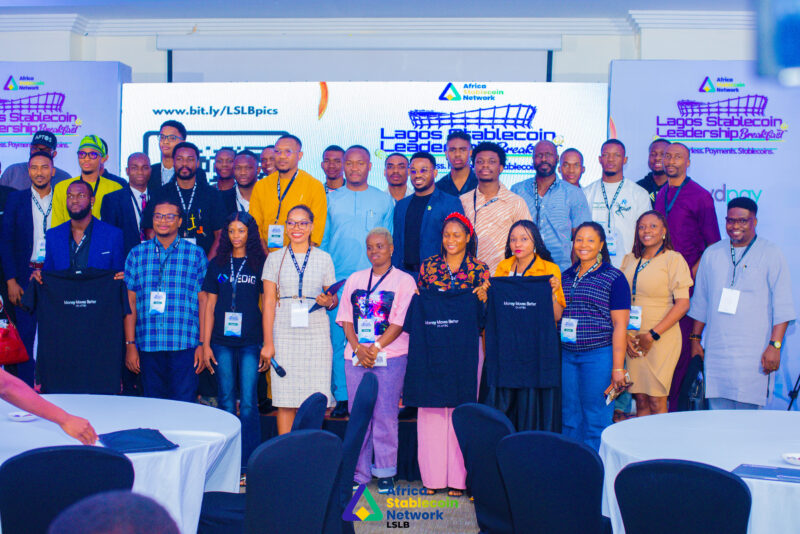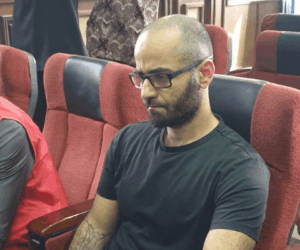When Nathaniel Luz, President of the Africa Blockchain Network, said “The job of Bitcoin is complete” at the Lagos Stablecoin Leadership Breakfast held on October 6, 2025, a ripple of murmurs spread across the room.
He wasn’t dismissing Bitcoin’s importance; he was reframing it. “Bitcoin showed us what was possible,” his tone suggested. “But stablecoins are the goal, the bridge between vision and real-world value.”
That was the mood at Four Points by Sheraton, Victoria Island, where industry players, founders, and policymakers gathered for what might be one of the most significant fintech conversations in West Africa this year.
The event, hosted by the Africa Stablecoin Network, was not a tech fair or investor pitch. It was a meeting of minds trying to solve one of Africa’s oldest economic frustrations, which is the inability to move money freely across its own borders.
For Nathaniel, the stablecoin conversation represents a maturing phase in Africa’s blockchain journey. “People think we do too many events,” he said. “But we need more. Wealth follows policy, and policy follows conversations. Without spaces like this, there can be no progress.”
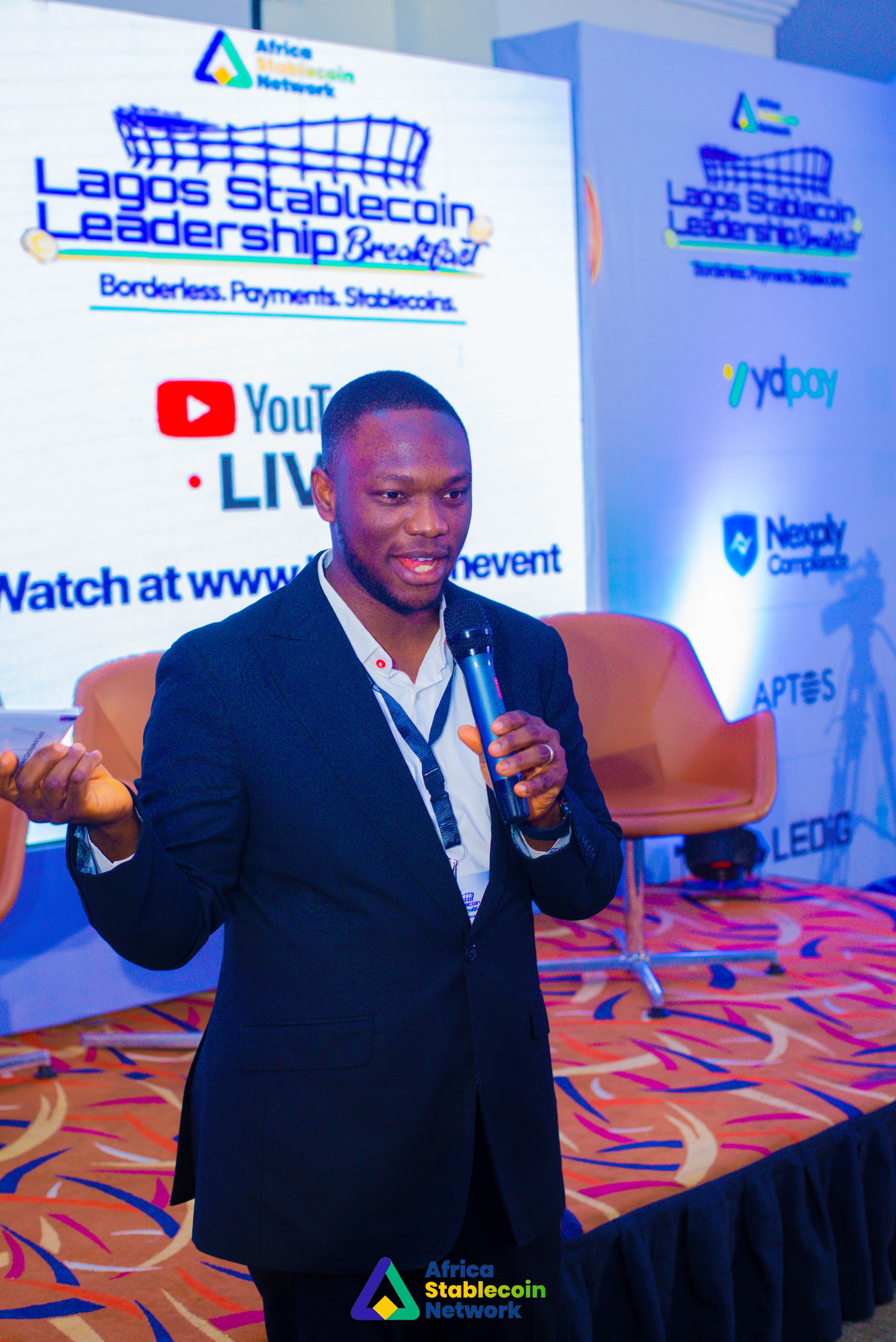
He reflected on a decade of African crypto advocacy, from the era of bans and gatekeeping to a new season of dialogue with regulators. “We created wealth before we created policy,” he said, “and when policy came, that wealth was swept away. Now, we’re doing it right.”
When asked about the ‘why’ of the breakfast, he said, “We aim to close the gap of information flow and policy decisions between the government and other stakeholders in the payment ecosystem. The Lagos Stablecoin Leadership Breakfast is one of the avenues through which we can achieve that mission.”
Read also: Nigeria leads as stablecoins hit a record $283bn supply globally
That optimism defined his keynote. “This is the best time to build,” he said confidently. “For the first time, the people shaping policy in Nigeria understand technology. We’re seeing reforms across pensions, data protection, and taxation. These are foundations we never had before.”
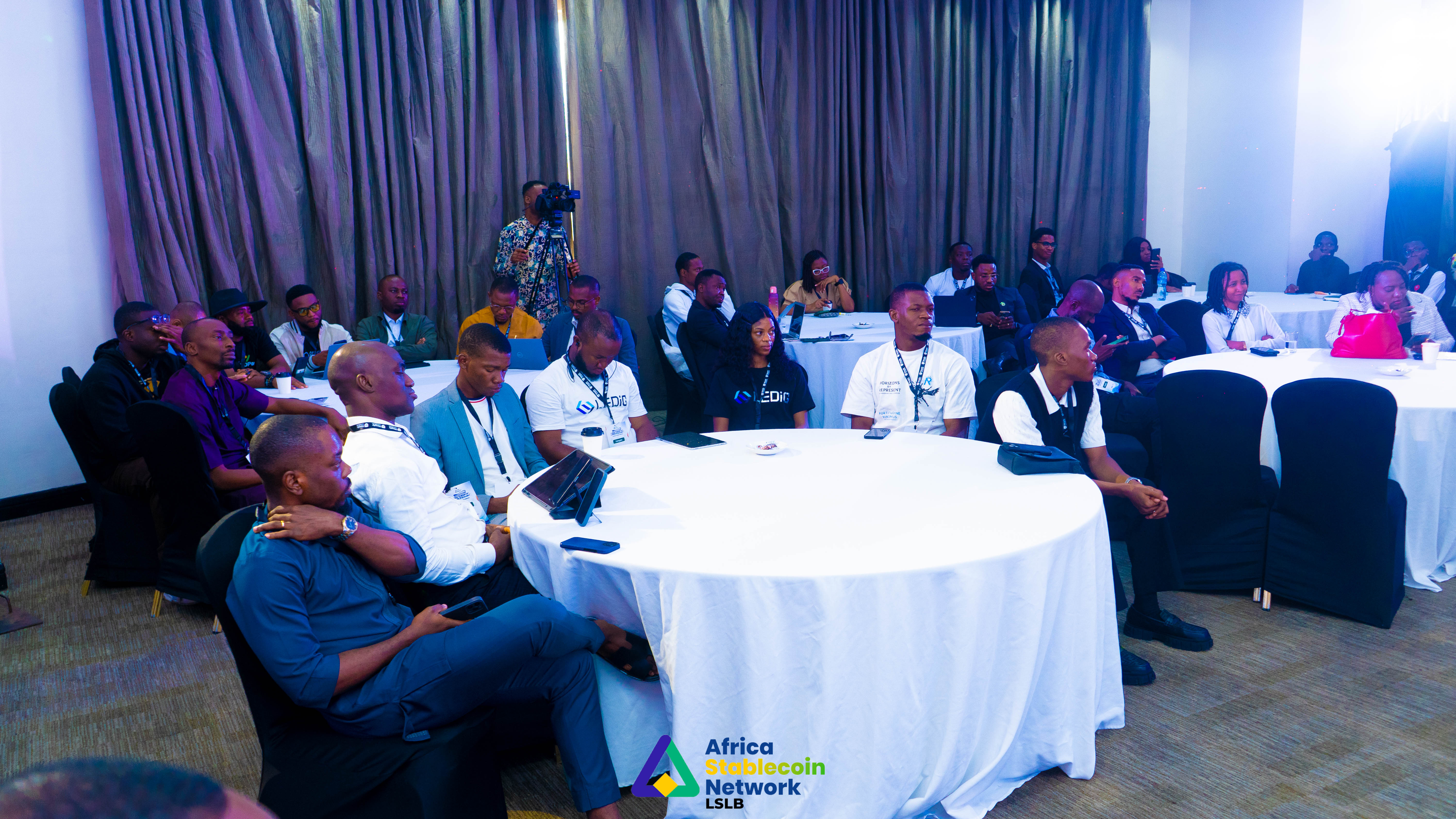

Stablecoins: The real promise
The morning’s sessions reinforced the message that stablecoins are not another crypto buzzword, but a practical fix for Africa’s broken financial system.
Hammed Afenifere, CEO of Oneremit, spoke from experience. “Moving money across Africa is still expensive, really slow, and sometimes impossible,” he said. “Sending money should be as easy as sending a text message, and stablecoins make that possible.”
He told a personal story about travelling to Kenya and finding himself stranded at dinner because his cards failed. “Then someone suggested we convert our Naira to stablecoins. The whole process took less than five minutes,” he recalled. “That’s when I realised stablecoins are not theory; they’re saving people and businesses every day.”
Read also: Nigeria leads as stablecoins hit a record $283bn supply globally
His voice carried conviction: “For many Africans, this is the first time they’re holding a global currency; one that works anywhere, without permission or restriction.”
Senator Ihenyen, Executive Chair of VASPA, added another layer to the discussion: regulation. “In Europe, once you have a licence in one country, you can operate across the entire continent,” he said. “Africa needs the same model. It shouldn’t cost so much to comply in every country.”


He emphasised that the conversations at events like this are essential to creating that kind of continental cohesion. “We can’t keep solving these issues in silos,” he said. “We need harmonised engagement that cuts across borders.”
Nathaniel’s earlier point came full circle – that ideas must meet policy before progress can take root. The dialogue wasn’t about resistance anymore; it was about cooperation.
Still, not everyone believed in waiting for policy to catch up. Lucky Uwakwe, CEO of SaBiPay, made the room laugh with a line that carried a hard truth:
I believe we should build and break things, then apologise later.


His argument? Governments only take innovation seriously when they see its impact. “The more we build, the more they’ll understand,” he said. “No government is an NGO. Once they see that jobs are created and revenue is generated, they’ll come to the table.”
For Uwakwe, stablecoins are not just a tool for payments, they’re leverage for recognition. “Governments won’t regulate what they don’t understand,” he said. “So, let’s make them understand.”
That point resonated with Obinna Nwuno, President of SiBAN, who grounded the conversation in everyday reality. “I have a UBA card and a GT card,” he said. “But I can’t use them in Ghana, same banks, different countries. That’s Africa’s biggest payment problem.”
Stablecoins, he said, can fix that. “They’ll make payments seamless across borders and make crypto more acceptable. But we must keep innovating and reimagining their use.”
He credited Nathaniel and the Africa Stablecoin Network for creating a space that moves the conversation beyond speculation. “We need more rooms like this,” he said. “This is where real solutions begin.”
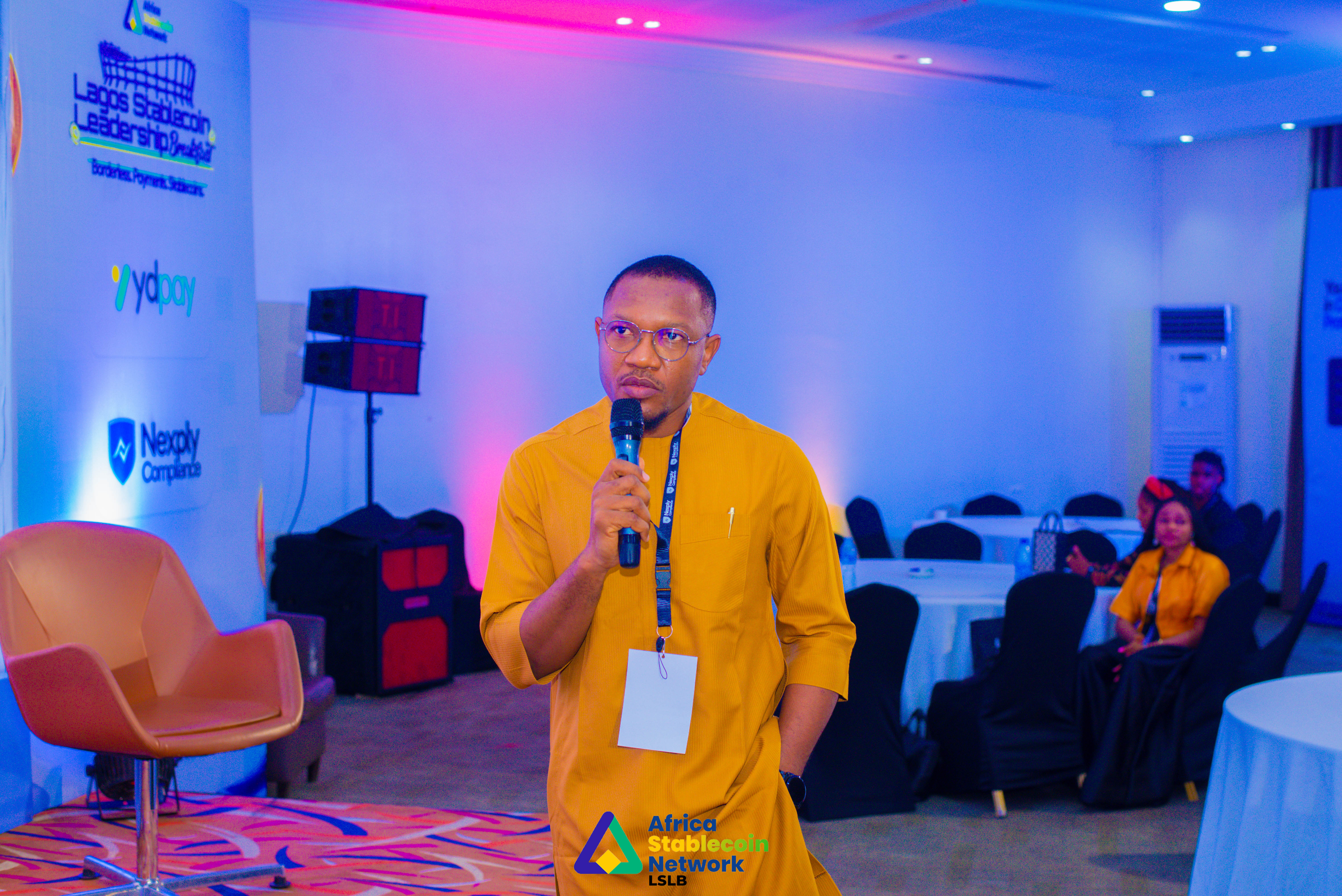

Underneath the technical jargon and economic projections, there was something deeply human about the Lagos Stablecoin Leadership Breakfast. It was, at its core, about access. About giving Africans the freedom to trade, work, and send money without friction.
Nathaniel captured it perfectly: “We need spaces where mistakes can happen, where startups can fail and start again. It’s not enough to want progress. We must build the road that leads to it.”
In his framing, Bitcoin was the spark – a global proof of concept that showed money could exist without borders. But stablecoins, he argued, are the flame – the form that will light up Africa’s real financial inclusion story.
“The job of Bitcoin is complete,” he said again, smiling. “Now, it’s time for us to build what comes next.” He also insists the regulation is indispensable:
Meaningful change will happen as leaders come together to take charge of this technology. It is time for us to move beyond being mere users to innovators of the technology for our own unique purposes.
Read also: There is now more than ₦600m worth of cNGN stablecoin in circulation with ₦20B+ in trading volume

